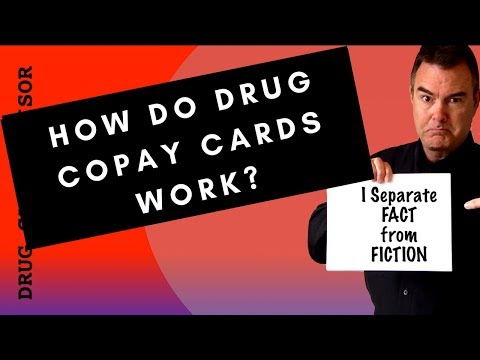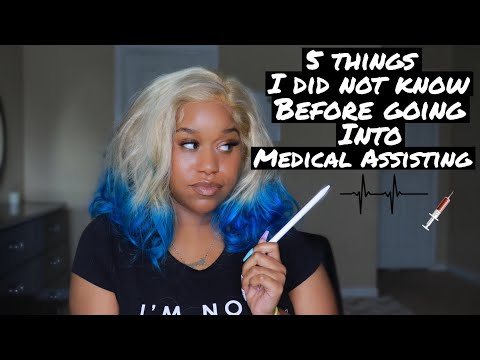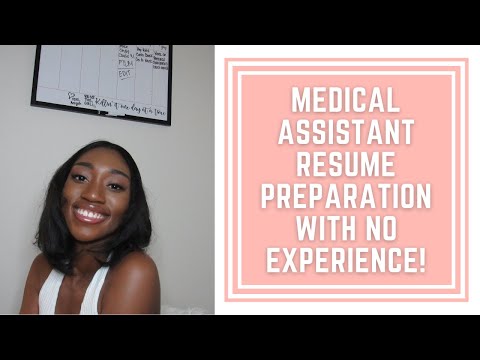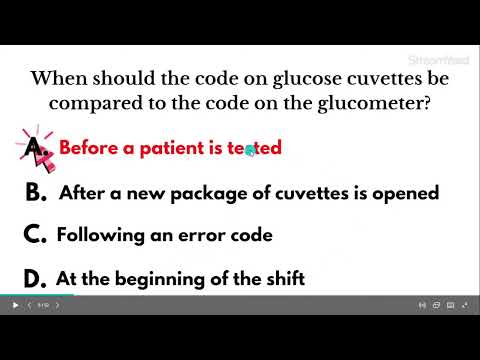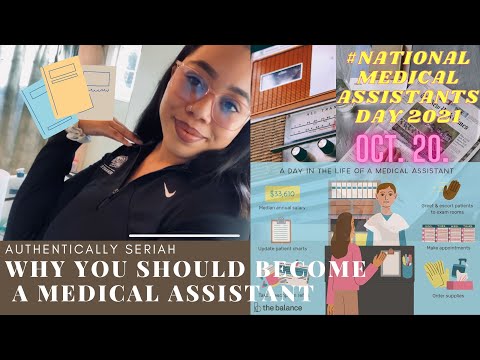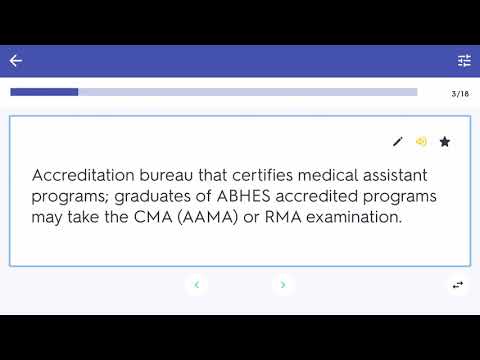How to Get Medication Co-Pay Assistance
Contents
- Introduction
- What is co-pay assistance?
- Who is eligible for co-pay assistance?
- How to apply for co-pay assistance?
- What are the benefits of co-pay assistance?
- What are the drawbacks of co-pay assistance?
- How to choose the right co-pay assistance program?
- What to do if you are denied co-pay assistance?
- How to appeal a denial of co-pay assistance?
- Conclusion
If you’re struggling to pay for your medication co-pays, you’re not alone. Here are a few options for medication co-pay assistance.
Checkout this video:
Introduction
If you’re struggling to afford your medication co-pays, you’re not alone. Many patients find themselves in this situation. Here are some tips on how to get assistance.
What is co-pay assistance?
Co-pay assistance is financial assistance that helps patients with the out-of-pocket costs associated with their medications. Co-pay assistance programs are offered by many pharmaceutical companies to help make expensive medications more affordable for patients. These programs generally offer coupons or discounts that can be used to reduce the patient’s out-of-pocket costs for their medication.
Patients who are struggling to pay for their medications may be able to get help from co-pay assistance programs. These programs can provide coupons or discounts that can make medications more affordable. Patients should talk to their doctor or pharmacist to see if they qualify for any co-pay assistance programs.
Who is eligible for co-pay assistance?
Most pharmaceutical companies have some form of assistance program to help patients with the cost of their medications. These programs are sometimes called co-pay assistance, patient assistance, or copay cards. Many times, these programs are offered to people who:
-Have no insurance
-Have insurance but their medication is not covered
-Have high deductibles or coinsurance
-Are in the Medicare “donut hole”
To find out if you are eligible for assistance, you will need to contact the pharmaceutical company that makes your medication.
How to apply for co-pay assistance?
There are many ways to get help with medication costs. One way is through co-pay assistance programs. These programs can help you pay for your medications, either through discounts or by providing you with free medication.
To apply for co-pay assistance, you will need to contact the program directly. Most programs have an application process that you will need to complete. Once you have applied, the program will review your application and determine if you are eligible for assistance. If you are approved, the program will provide you with a card or voucher that you can use to get the discount on your medications.
What are the benefits of co-pay assistance?
There are many benefits to co-pay assistance programs, which help people pay for their prescription medications. These programs can ease the financial burden of medication costs, allow people to get the medications they need, and improve adherence to treatment regimens. Co-pay assistance can also help people with chronic illnesses afford the treatments they need to stay healthy.
What are the drawbacks of co-pay assistance?
While co-pay assistance can be a great help for those who need it, there are some drawbacks to be aware of. First, it is important to understand that not all medications are eligible for assistance. There are also income and other eligibility requirements that must be met in order to qualify.
Another drawback is that co-pay assistance can only be used for a limited time. Once the patient reaches their “co-pay limit” they will be responsible for the full price of the medication. Finally, some co-pay assistance programs have been known to suddenly end or change their eligibility requirements, leaving patients stranded without help.
How to choose the right co-pay assistance program?
There are many different co-pay assistance programs available to help you pay for your medication costs. But how do you know which one is right for you?
Here are some things to consider when choosing a co-pay assistance program:
1. How much financial assistance can the program provide?
2. What medications does the program cover?
3. What are the eligibility requirements for the program?
4. How long does the program last?
5. How often can you receive assistance from the program?
Once you have considered these factors, you can then research and compare different co-pay assistance programs to find the one that best suits your needs.
What to do if you are denied co-pay assistance?
If your insurance company denies you co-pay assistance, don’t give up. You may be able to appeal the decision or find another source of funding.
There are a few things you can do if your insurance company denies you co-pay assistance:
1. Call the insurance company and ask why you were denied. They may be able to give you more information about the denial and how to appeal it.
2. Check with the medication’s manufacturer. Many pharmaceutical companies have programs to help patients with the cost of their medications.
3. See if there are any patient assistance programs operated by non-profit organizations or government agencies that can help you with the cost of your medication.
4. Ask your doctor or pharmacist if they know of any programs that can help you with the cost of your medication.
How to appeal a denial of co-pay assistance?
If you have been denied co-pay assistance for your medication, there are a few ways you can appeal the decision. The first step is to contact the program administrator to find out why you were denied. They may be able to give you some information about what you can do to improve your chances of being approved for assistance.
If the program administrator is unable to help, you can also try contacting the manufacturer of your medication directly. Many times, they will have a patient assistance program that can help you with the cost of your medication.
finally, if you are still having difficulty affording your medication, there are a number of organizations that may be able to help, such as charity care programs or patient assistance programs offered by pharmaceutical companies.
Conclusion
The best way to pay for your medications is to get co-pay assistance from the manufacturer of your drug. Many drug companies offer programs that help patients with their out-of-pocket costs.
You can also look into government programs like Medicaid or the Children’s health insurance Program (CHIP) which may help if you have a low income. Some states also have their own assistance programs.
If you’re still struggling to pay for your prescriptions, talk to your doctor or pharmacist. They may be able to give you discounts or refer you to other resources that can help.

